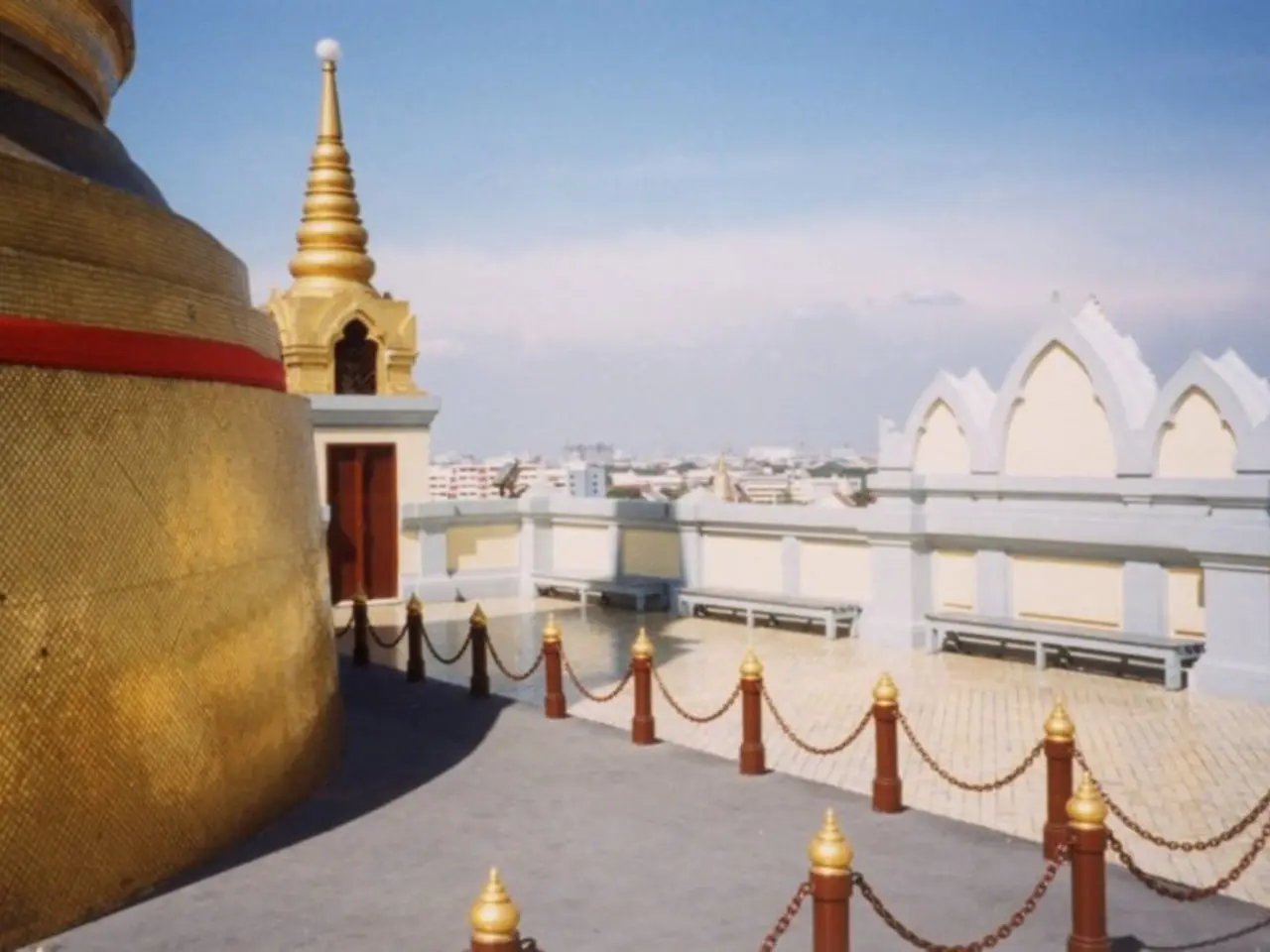Pradhan Mantri Awas Yojana (PMAY) Extension: Deadline Details and Key Insights
The registration deadline for the Pradhan Mantri Awas Yojana (PMAY) has been extended to December 31, 2025, providing more families across various states with the opportunity to apply for housing benefits under the scheme. The extension applies to both urban (PMAY-U) and rural (PMAY-G) beneficiaries in states such as Assam, Bihar, Chhattisgarh, Gujarat, Madhya Pradesh, Maharashtra, Odisha, Rajasthan, and Uttar Pradesh [1].
### Benefits of PMAY for Eligible Applicants
The Pradhan Mantri Awas Yojana offers a range of benefits to eligible applicants, including:
1. **Financial Assistance:** Eligible applicants can receive an interest subsidy on home loans for constructing or upgrading houses, making home ownership more affordable.
2. **Target Groups:** The scheme targets economically disadvantaged families in both urban and rural areas. In the urban sector, the Economically Weaker Section (annual income up to ₹3 lakh), Low Income Group (annual income between ₹3 lakh and ₹6 lakh), and Middle Income Group I (annual income between ₹6 lakh and ₹12 lakh) who do not own a pucca house anywhere in India, including those living in slums, are eligible [2]. In the rural sector, families in the Socio-Economic and Caste Census database without pucca houses or living in kutcha houses, excluding families owning vehicles, agricultural equipment, paying income tax, government employees, or those with significant assets, are eligible [2][3].
3. **Housing for All:** PMAY aims to provide pucca houses with basic amenities, improving living standards for economically disadvantaged families in both urban and rural areas.
4. **Subsidized Housing Construction:** The government supports the construction of new houses and the upgrading of existing kutcha houses to pucca houses.
5. **Transparency and Tracking:** Applicants can check their application and subsidy status online through the official PMAY portal using Aadhaar or application details [4].
### How to Apply and Documents Needed
Applicants can apply online or offline by submitting:
1. Aadhaar card and bank account linked to Aadhaar 2. Income proof (salary slips, IT returns, or income certificates) 3. Proof of no pucca house ownership 4. Identity and address proofs
Additional documents may be required depending on the urban or rural category [2].
To apply online, applicants can visit the official PMAY website (pmaymis.gov.in) and follow the instructions to fill out the application form. Alternatively, applicants can visit a Common Service Centre (CSC) or Urban Local Body (ULB) to apply offline [5].
In conclusion, the registration deadline extension to December 31, 2025, allows more eligible families to benefit from subsidized housing under PMAY across states, helping the government achieve its goal of “Housing for All” by making homeownership affordable and accessible [1][2][3].
References: [1] The Hindu, 2023. "PMAY registration deadline extended to 2025". [online] Available at: https://www.thehindu.com/news/national/pmay-registration-deadline-extended-to-2025/article66386378.ece
[2] Ministry of Housing and Urban Affairs, 2023. "Pradhan Mantri Awas Yojana (Urban)". [online] Available at: https://www.pmaymis.gov.in/PMAY-U/Content/Home.aspx
[3] Ministry of Housing and Urban Affairs, 2023. "Pradhan Mantri Awas Yojana (Gramin)". [online] Available at: https://www.pmaymis.gov.in/PMAY-G/Content/Home.aspx
[4] Ministry of Housing and Urban Affairs, 2023. "Beneficiary Login". [online] Available at: https://www.pmaymis.gov.in/BL/Action/ActionPlanBeneficiaryLogin.aspx
[5] Common Service Centre, 2023. "Apply for PMAY". [online] Available at: https://csccloud.in/services/government-services/pma-yojana
- To take advantage of these benefits, those residing in Assam, Bihar, Chhattisgarh, Gujarat, Madhya Pradesh, Maharashtra, Odisha, Rajasthan, and Uttar Pradesh can apply for the Pradhan Mantri Awas Yojana, as the scheme targets economically disadvantaged families in both urban and rural areas.
- For eligible applicants, financial assistance comes in the form of an interest subsidy on home loans, making it more feasible for them to finance their homes under this business-friendly initiative.




